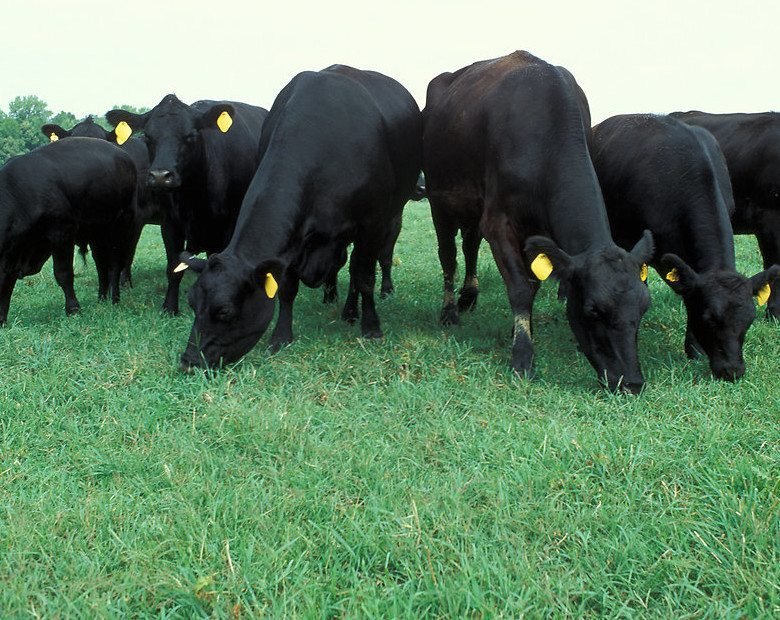
Farmers need to give more emphasis to their health for quality of life and farm production reasons. This advice was given by Dr John McNamara, Teagasc Health and Safety Specialist in advance of International Men’s Health Week which runs from Monday 13 June to Sunday 19 June.
The aim of the week is threefold as follows:
– to heighten awareness of preventable health problems for males of all ages;
– to support men and boys to engage in healthier lifestyle choices/ activities and
– to encourage the early detection and treatment of health difficulties in males.
Dr McNamara stated that research from both Ireland and internationally indicates that poor health leads to reduced capacity to undertake farm work and as a consequence reduced farm income. Farmers in poor health are also susceptible to higher levels of injuries. Studies show that ‘ farmers’ tend to consider themselves as ‘healthy’ when they can carry out work, but tend to ignore health issues that could have long term consequences’ he added.
Teagasc is currently engaged in an on-going study of farmers’ health in association with health professionals from the Waterford Institute of Technology (WIT), Centre for Men’s Health, IT Carlow and the UCD Schools of Physiotherapy and Performance Science and Agriculture and Food Science.
Recent findings of the Farmers’ Health study among a sample of 366 farmers (86%male) compares self-reported health behaviours with the overall general population, available from the national Survey on Lifestyle and Attitude to Nutrition (SLAN). The study found that 38% of farmers reported one or more health issues in the previous 12 months. Thirty-four per cent reported a physical health complaint and 12% reported mental health issues.
Fifty-nine per cent of farmers had consulted their GP about their health within the last year, which compares to 74% of the general population.
Low back pain (LBP) was the most prevalent physical complaint occurring in 28% of farmers. This level is higher than the level for the general population (16%). Sixty per cent of farmers surveyed were classified as ‘overweight or obese’ compared to 50% of the Irish population. Among farmers just 27% believed that they were too heavy.
In contrast, 54% of farmers reported undertaking high levels of physical activity compared to 24% for the Irish population.
Eighteen per cent of farmers reported that they currently smoke compared to 29% for the Irish population.
Eighty-five per cent of farmers reported drinking alcohol compared to 80% for the Irish population. Nineteen per cent of farmers reported binge drinking (having 6 or more standard drinks on one occasion) at least once per week compared to 28% of the Irish population.
Commenting on the study findings, Mr Aubrey Storey, Lecturer in Exercise and Health Science at WIT stated that ‘behaviour change’ is a key to either health gain or its maintenance. He added ‘making small initial changes based on heightened awareness can lead to major positive change in a person’s health profile over-time. He also stated that the Farmer Health study indicates in particular that farmers should make greater use of health care professionals when unwell and to maintain health. It also shows a high level of low back pain which can restrict a farmer’s work activity.
A booklet ‘Staying Fit for Farming – A Health Booklet for Farmers’ can be downloaded from the Teagasc Website by clicking here.

